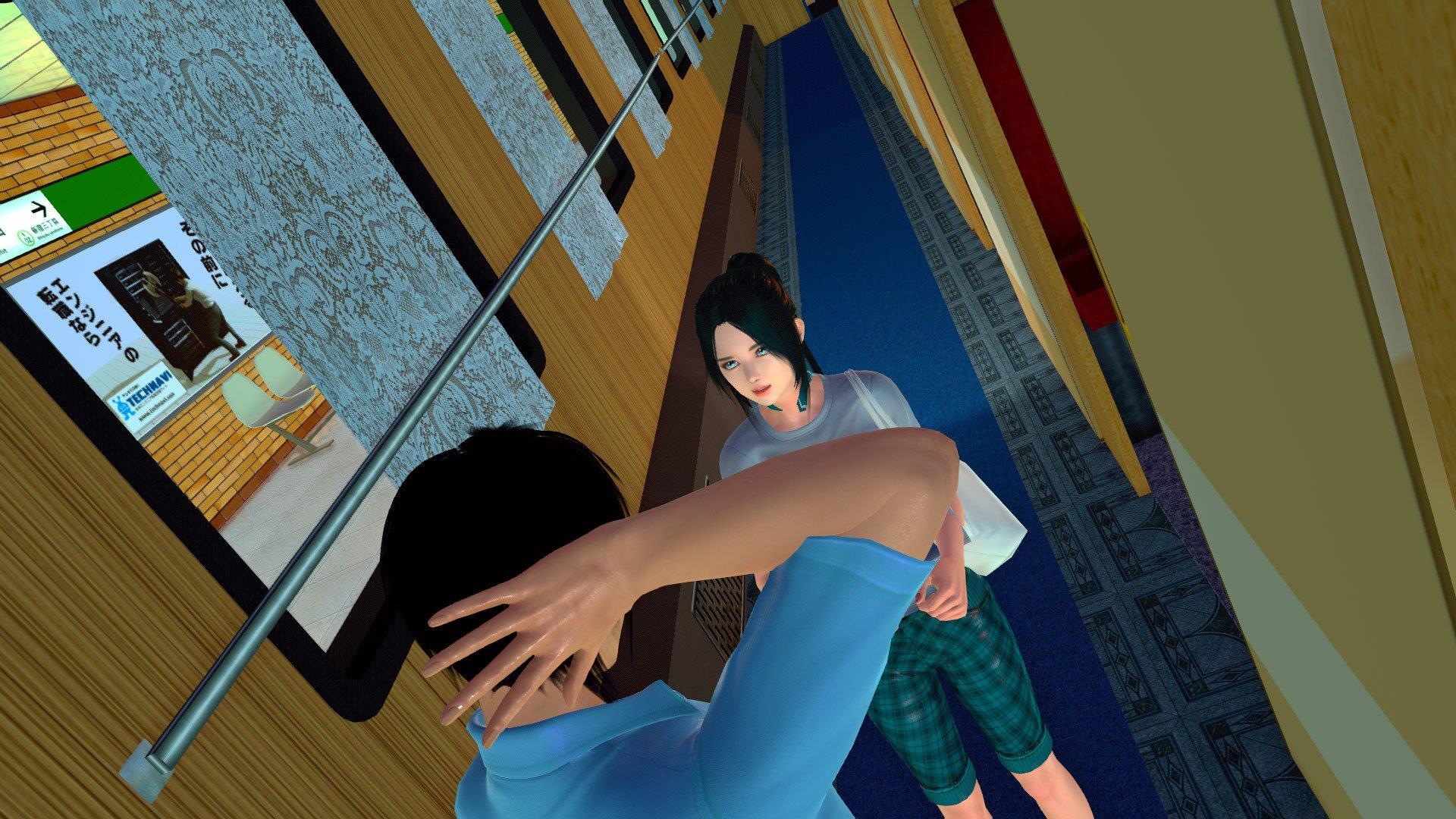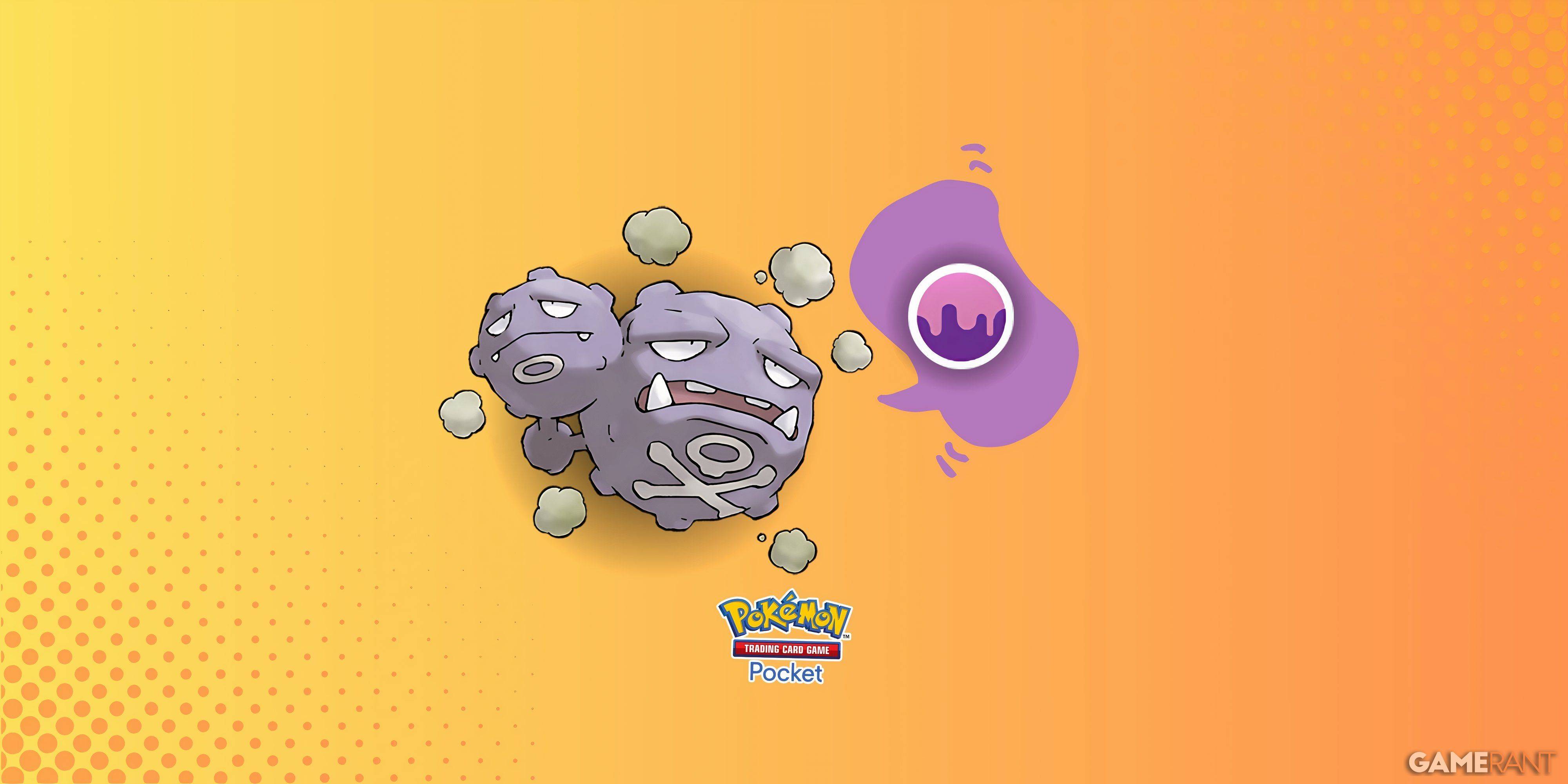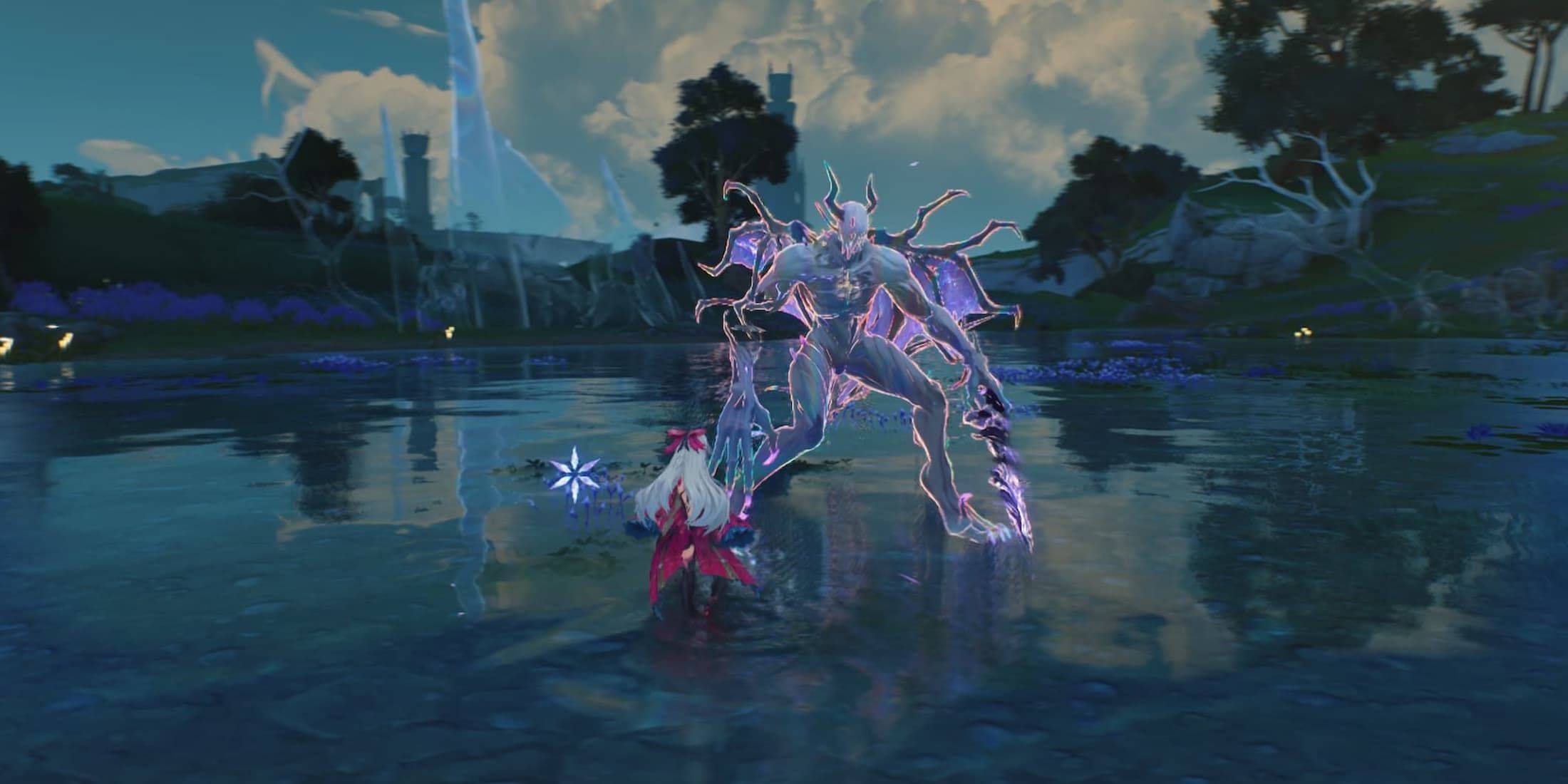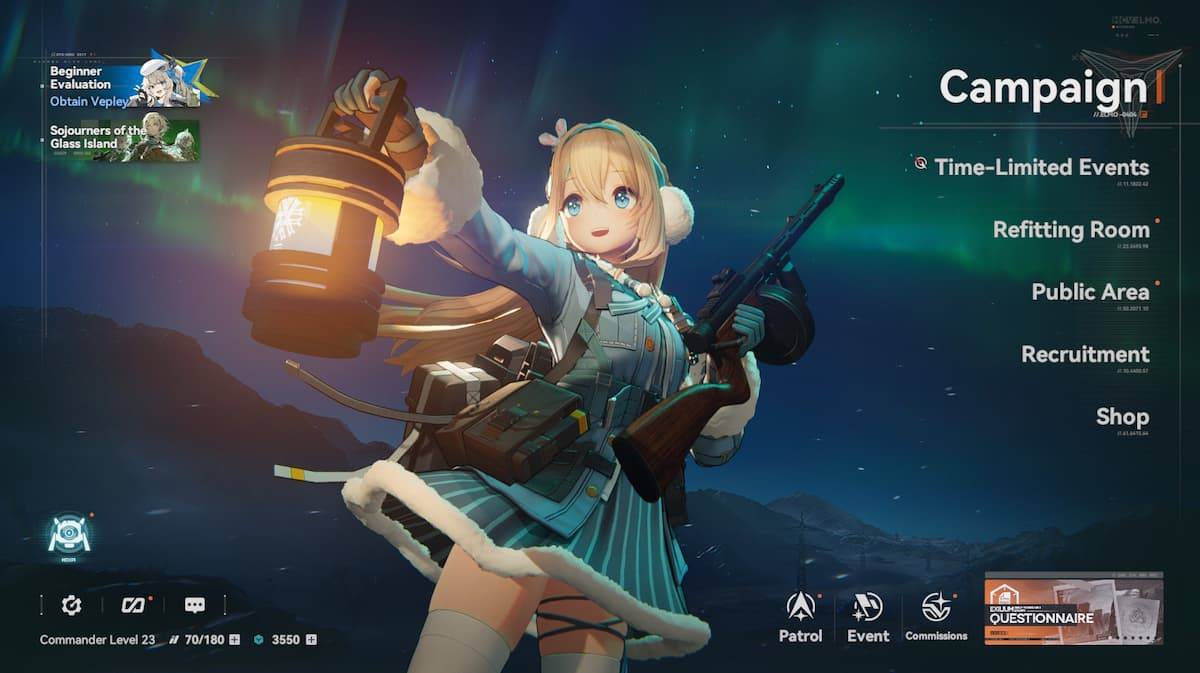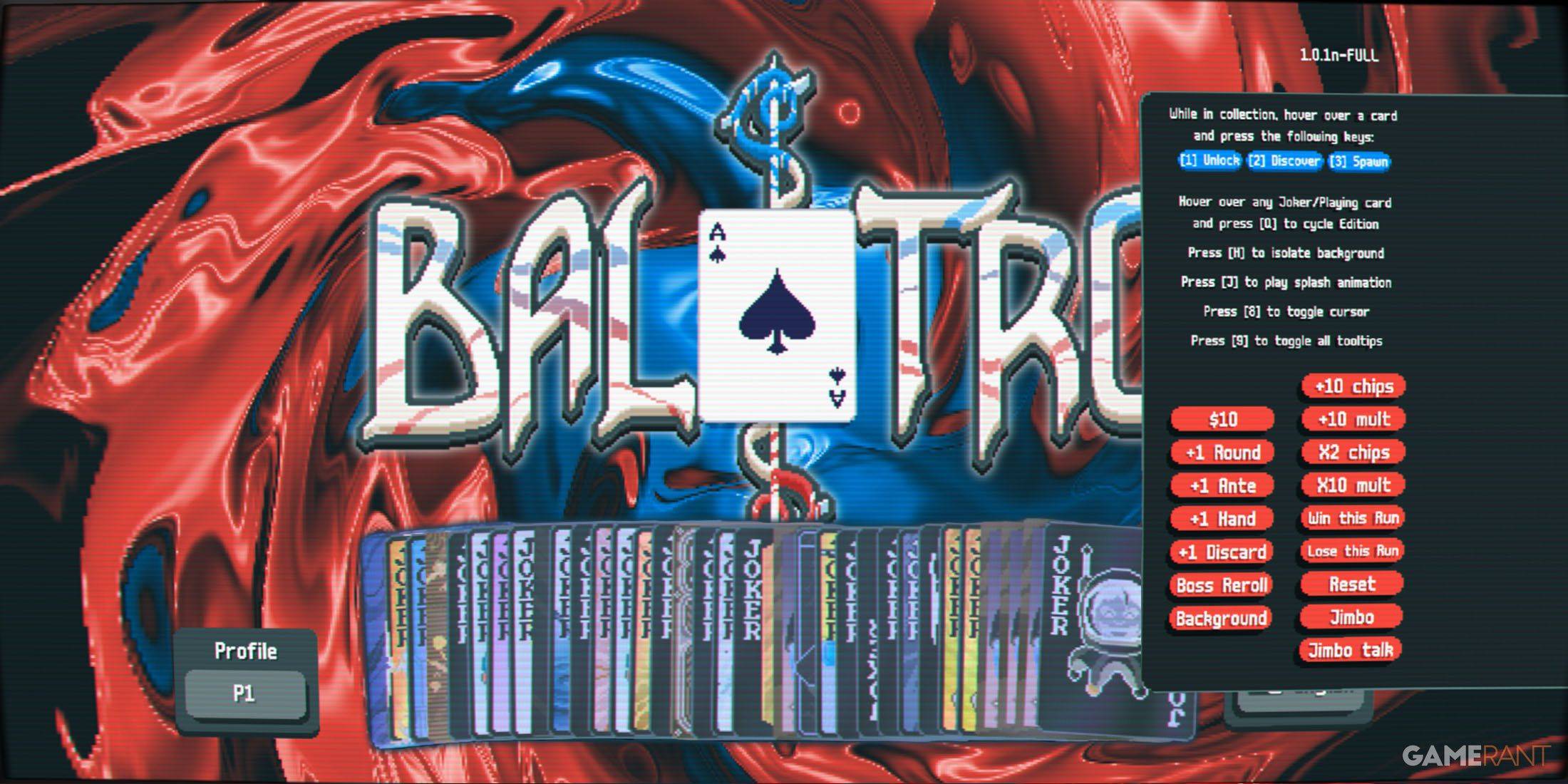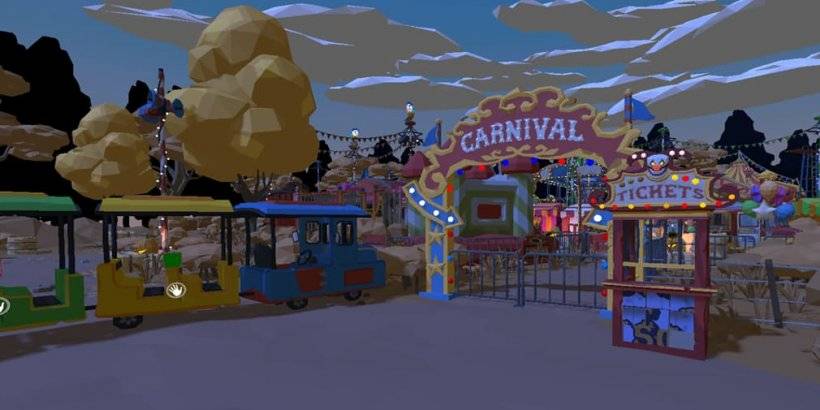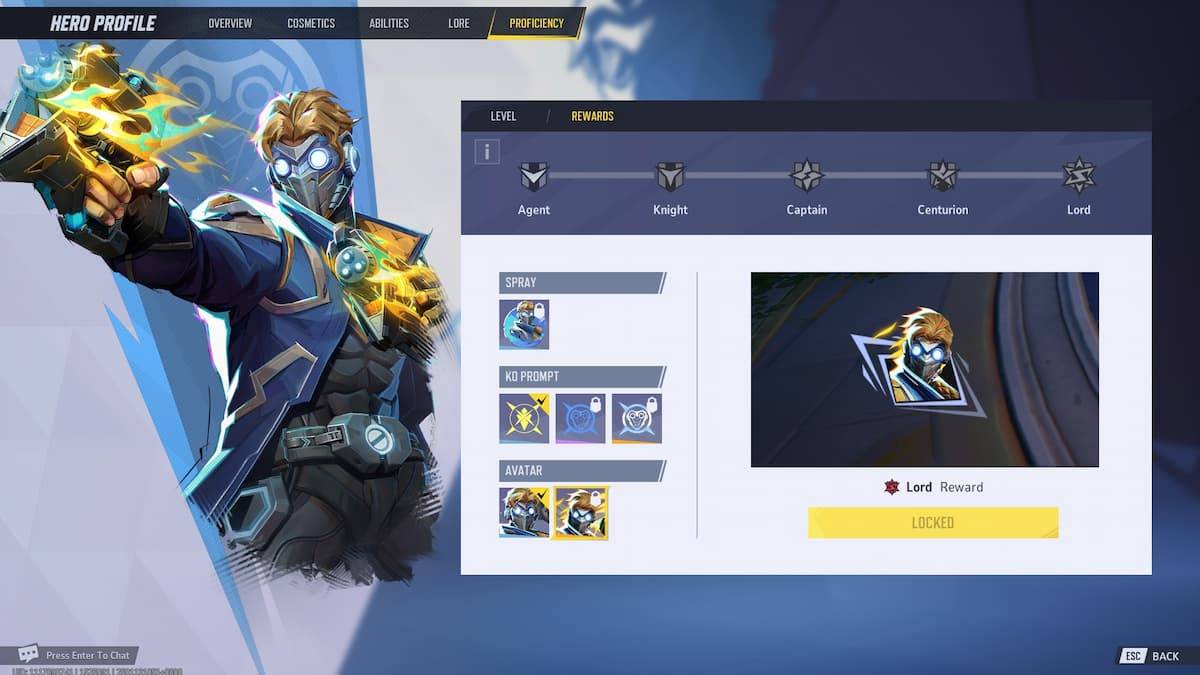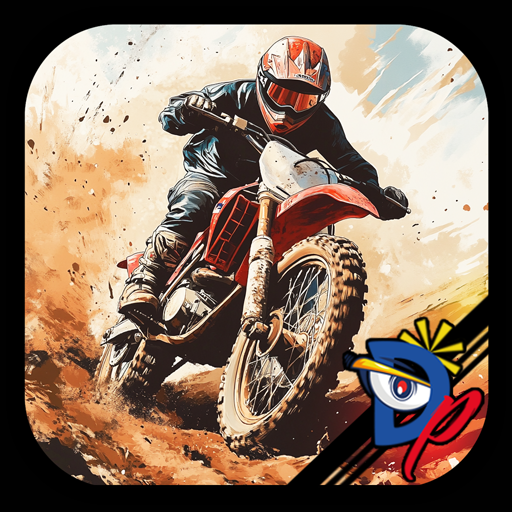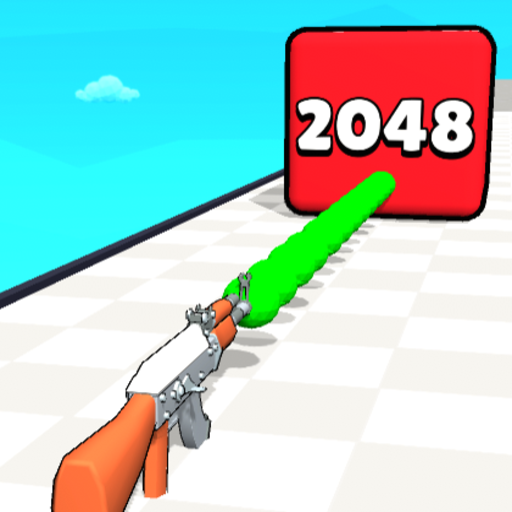Top Mobile Games of '24: Iwan's Curator's Outlook
It's the year's end, and my Game of the Year is Balatro – a surprising choice, perhaps, but one with compelling reasons. While not necessarily my favorite, its success speaks volumes.
Balatro, a blend of solitaire, poker, and roguelike deckbuilding, has garnered significant recognition, winning Indie and Mobile Game of the Year at The Game Awards, and Best Mobile Port and Best Digital Board Game at the Pocket Gamer Awards. This success, however, has also sparked confusion and even anger from some. Comparisons between its relatively simple visuals and the flashy gameplay videos of other contenders have led to questions about its award wins.
I believe this reaction highlights why Balatro is my GOTY pick. Before delving deeper, let's acknowledge some honorable mentions:
Honorable Mentions:
- Vampire Survivors' Castlevania expansion: A long-awaited and well-received addition.
- Squid Game: Unleashed's free-to-play model: A potentially groundbreaking move by Netflix Games.
- Watch Dogs: Truth's audio adventure release: An interesting, albeit unconventional, release for the franchise.
My Balatro Experience:
My experience with Balatro has been a mixed bag. While undeniably engaging, I haven't mastered it. The focus on optimizing deck statistics, a frustrating aspect for me, has prevented me from completing runs despite many hours of play.
However, Balatro represents excellent value for its price. It's simple, time-consuming without being overly demanding, and visually appealing. It's not the perfect time-waster (that title goes to Vampire Survivors for me), but it's a strong contender. For under $10, you get a captivating roguelike deckbuilder suitable for public play. LocalThunk's ability to create such an engaging experience with a simple format is commendable. The calming music and satisfying sound effects contribute to its addictive loop.
The "It's Just a Game" Argument:
Balatro's success has been met with skepticism, similar to Astrobot's Game of the Year win at another awards show. The reaction to Balatro stems from its unashamedly "gamey" nature. It's colorful and engaging but not overly complex or flashy, lacking a retro aesthetic or cutting-edge graphics. It's not a tech demo, but a passion project that blossomed into something more.
Many find its success confounding because it's not a flashy gacha game, nor does it push mobile gaming boundaries. It's simply "a card game," they argue. But it's a well-executed card game, offering a fresh take on the genre. Its quality should be judged on its gameplay, not its visuals.

Substance Over Style:
Balatro's lesson is clear: success doesn't require cutting-edge graphics or massive budgets. It's a multi-platform success story (PC, console, and mobile), proving that a simple, well-designed game can resonate across platforms. While not a massive financial success, its low development costs likely resulted in significant profit for LocalThunk.
Balatro demonstrates that games don't need to be complex, cross-platform behemoths to succeed. A simple, well-crafted game with its own unique style can attract a diverse player base.
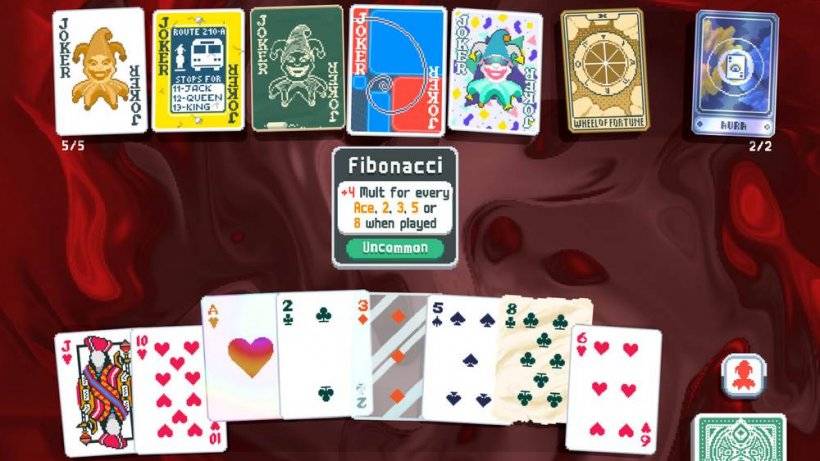
Balatro's appeal lies in its accessibility. Some players strive for optimization, while others, like myself, enjoy its relaxed pace. Ultimately, Balatro's success proves that a simple, well-executed game can achieve remarkable things. You don't need to be groundbreaking to be successful; sometimes, being a bit of a "joker" is enough.
Latest Articles




![Taffy Tales [v1.07.3a]](https://imgs.anofc.com/uploads/32/1719554710667e529623764.jpg)



